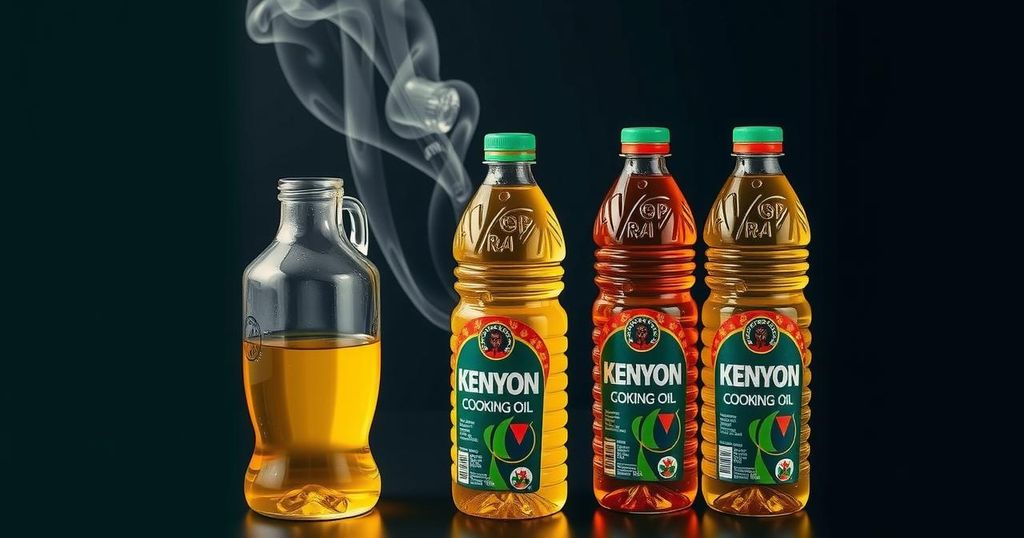A COMESA report indicates that Kenyan cooking oil companies overcharged consumers by 21% between July 2021 and December 2022, resulting in excess charges of Sh67.7 billion. The fair price should have been Sh274 per litre, but consumers paid Sh333 per litre, despite falling crude palm oil prices. The oligopolistic nature of the market exacerbates this issue, necessitating enhanced regulatory oversight to ensure affordability and protect public welfare.
A recent report from the Common Market for Eastern and Southern Africa (COMESA) has unveiled that Kenyan consumers have been unjustly overcharged for cooking oil by 21% from July 2021 to December 2022. The COMESA Competition Commission (CCC) has ascertained that while the fair market price for cooking oil should be around Sh274 per litre, customers were compelled to pay Sh333 per litre, leading to a staggering accumulation of overcharges amounting to Sh67.7 billion. The findings indicate that manufacturers significantly inflated prices beyond the actual increases in crude palm oil costs. Additionally, despite a decline in crude palm oil prices after the first quarter of 2022, retail prices of cooking oil in Kenya remained disproportionately high, contradicting the falls in production costs.
The structure of the cooking oil market further compounds the issue, functioning as an oligopoly. Here, a few major companies oversee the entire supply chain— from the procurement of raw materials to the distribution of the final product—allowing them to set prices that do not align with the market dynamics. This lack of competition enables these dominant companies to establish lucrative pricing that prioritizes their profit margins over fair consumer pricing.
Historical data reflect a stark escalation in cooking oil prices compared to previous years. During 2019 and 2020, the prices fluctuated moderately, remaining around USD 1.6 (Sh207) per litre across Kenya, Zambia, and South Africa. This alarming jump to Sh333 per litre has financially burdened many Kenyan households, particularly those in vulnerable situations, exacerbating issues related to food security. Furthermore, the excessive charges of Sh67.7 billion represent untapped potential for national progress, as these resources could have been utilized in significant sectors, including employment creation, educational advancement, and healthcare initiatives.
In light of these findings, the CCC has stressed the critical need for more stringent regulatory measures within essential commodity markets to provide oversight. Ensuring accessibility and affordability of cooking oil is paramount for public health and welfare, given its essential role in the South African diet.
The report from COMESA underscores a significant issue within the cooking oil market in Kenya, revealing that consumers have been subjected to overpricing by cooking oil producers. The analysis conducted by the COMESA Competition Commission highlights the increased prices relative to the actual cost of crude palm oil and points to the oligopolistic structure of the industry as a driving factor behind the inflated prices. The report further emphasizes the consequences of such market practices on the financial stability of households and national development.
The findings from the COMESA report shed light on the exorbitant prices paid by Kenyan consumers for cooking oil and the detrimental effects of these overcharges on both households and the national economy. The necessity for robust regulatory oversight in the cooking oil market is clear, as this will help ensure fair pricing that aligns with market conditions. Ultimately, addressing these pricing disparities is crucial for improving public health and economic resilience in Kenya.
Original Source: www.mwakilishi.com






